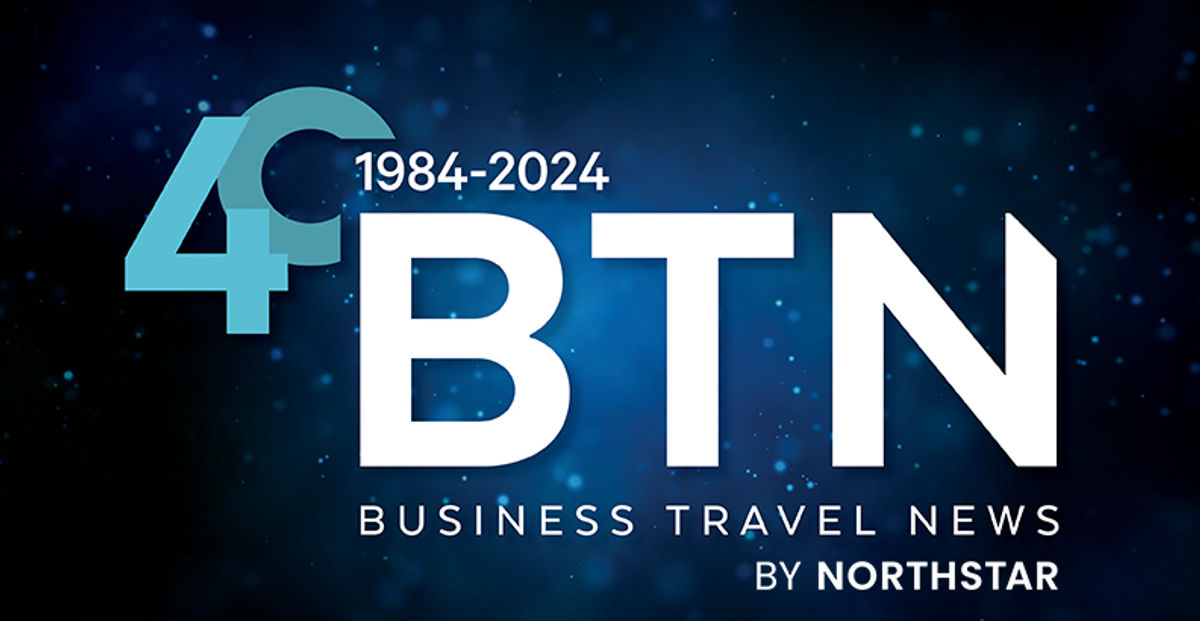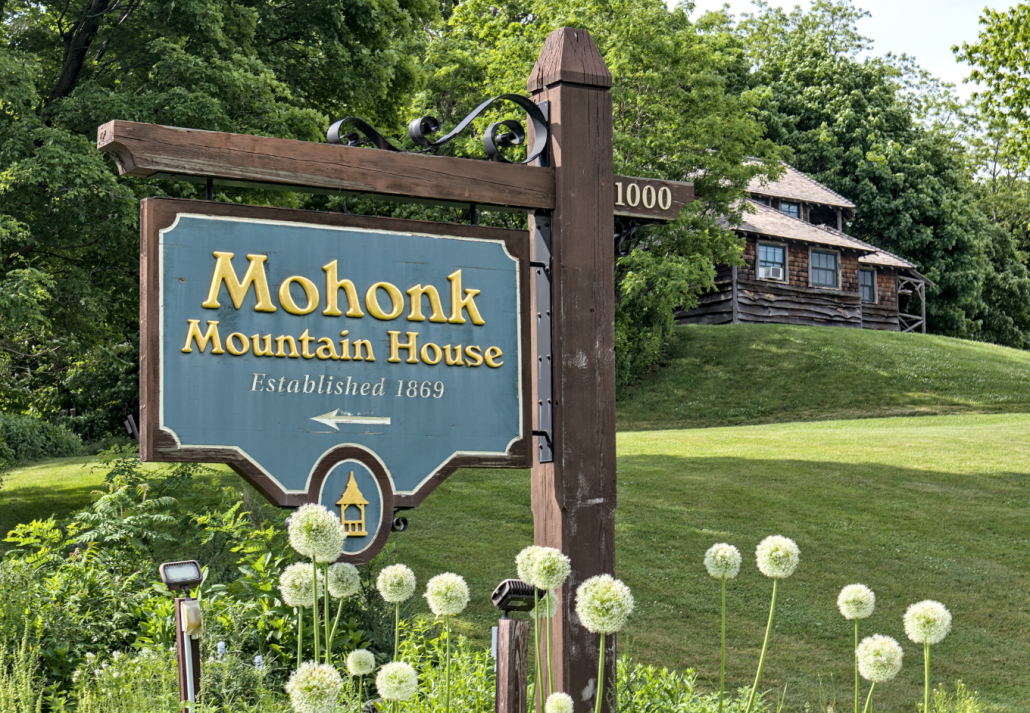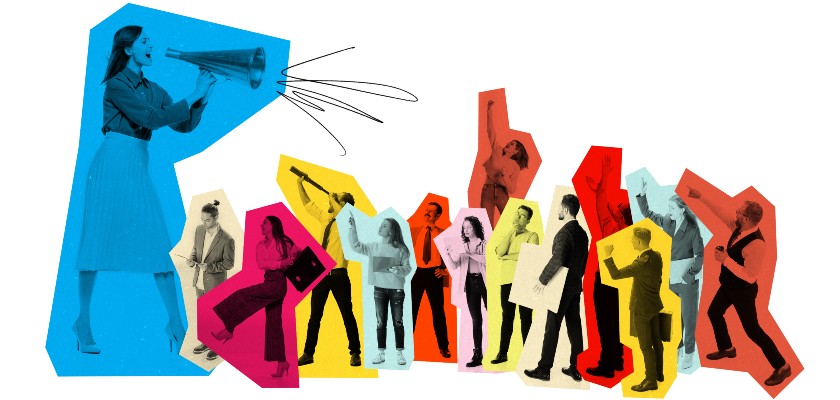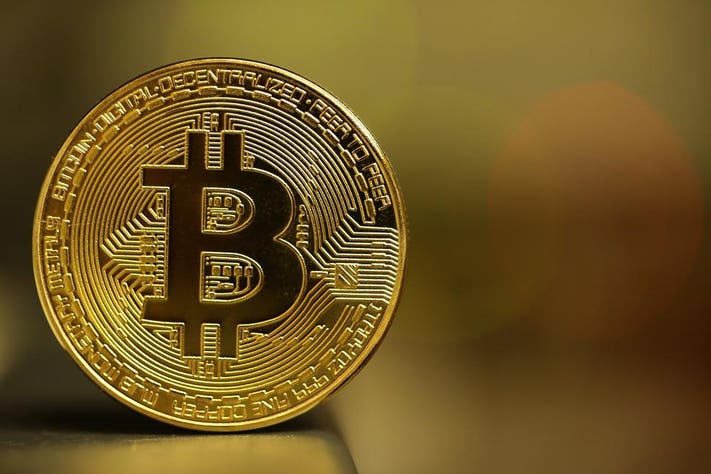Hotel Industry Gauging Effect of Trump Immigration, DEI Stances
Along with the specter of travel bans, curtailed immigration was one of the key concerns raised by hotel company CEOs and other industry executives at this week's Americas Lodging and Investment Summit in Los Angeles.

Along with the specter of travel bans, curtailed immigration was one of the key concerns raised by hotel company CEOs and other industry executives at this week's Americas Lodging and Investment Summit in Los Angeles.
Hotel CEOs at ALIS Banking on 'Certainty' for Corporate Travel Growth
It's no secret that the hospitality industry employs its fair share of undocumented workers—the Center for Migration Studies of New York in 2020 estimated U.S. hotels employed about 137,000 undocumented immigrants. The Trump administration's promises of mass deportation come as American Hotel & Lodging Association president and CEO Rosanna Maietta reported the industry remains about 200,000 workers down from pre-Covid-19 levels.
"The scope and scale of that is something we are monitoring closely," Maietta said of Trump's deportation efforts. "The most important thing for us is to make sure we keep our guests and employees safe."
IHG CEO Elie Maalouf said a crackdown on undocumented workers would not necessarily translate to staffing issues for hotels, however.
"We're all watching the heavy stream of executive orders and regulations and don't know where that's going to end up, but to put some perspective on it, over the last four years, illegal immigration was three times the level of previous three presidents," he said. "I don't think any of us would say those were great years for labor in the industry. We had record labor tightness and high labor inflation."
Industry leaders also were concerned about the ability to bring in documented workers from abroad to work in hotels. Maietta said AHLA is focusing on seasonal workers, the H-2B visa that enables foreign workers to come and work in the U.S. temporarily to fill out a workforce. U.S. Travel Association president and CEO Geoff Freeman, however, said he was disheartened by the debate that already bubbled up in recent months about limiting H-1B visas for foreign workers in specialty positions, such as tech.
"We saw what happened over the Christmas holiday, with the H-1 visa … with Elon Musk on one side and Maga on one side," Freeman said. "We couldn’t agree on the value of these high-tech workers. Are we going to get an agreement on the value of seasonal workers? I'm deeply concerned about this environment and some of those who are empowered to keep everyone out."
We’re in over 100 countries with hundreds of cultures There’s no way we can be successful as a company if we aren’t attractive as an employer to the broadest set of people, regardless of their identity, their origin, their height, their religion—anything.”
- Marriott’s Anthony Capuano
Hilton Worldwide CEO Christopher Nassetta said he was hopeful that, beyond the efforts around border security, the administration would be able to address those immigration issues that could help hoteliers staff their hotels.
"We may have once-in-a-generation opportunity with this administration, and where the politics are now, to get comprehensive immigration reform," he said "I'm the eternal optimist, but you can see the scenario that could set this up once the first part of this, which is a bit noisy, is done."
Maietta was less sanguine about those prospects. "It's unlikely that true, bipartisan immigration reform is going to happen," she said. "It's too fraught."
Doubling Down on DEI
Undoing diversity, equity and inclusion initiatives also was a cornerstone of Trump's presidential campaign, and his administration took immediate action toward that—looking to fire federal workers with DEI roles and scrubbing references to DEI from federal websites. Several private companies recently have announced plans to roll back their own DEI initiatives—many enacted in the wake of the protests around the murder of George Floyd in 2020—including eliminating employee resource groups and financial support to civil rights organizations.
The hotel executives said DEI would continue to be a priority in their companies.
"I think we're committed to making sure we're welcoming owners that otherwise would not be able to enter this industry," Ballotti said. "We all have programs centered around that."
Both Nassetta and Marriott International president and CEO Anthony Capuano said having a diverse workforce is essential for hotels, given the wide range of guests from around that world that they serve, with Capuano noting those policies have been around well before 2020.
"We're in over 100 countries with hundreds of cultures," Capuano said. "There's no way we can be successful as a company if we aren't attractive as an employer to the broadest set of people, regardless of their identity, their origin, their height, their religion—anything."
"This year we developed a purpose for Accor, and the first sentence is about exactly diversity and inclusion," Accor Group deputy CEO Jean-Jacques Morin added. "So, for Accor, there is no way back."
Looking at the Long Game
Ultimately, the executives said they focus on the "long game," regardless of who is in the White House. Nassetta said one reason for optimism in growth is that hotels have "moved way up the pecking order" in terms of capital allotment, as investors have become more wary of office buildings and apartments.
While there is "a lot more confidence in business today," that's not guaranteed to last, as Maalouf noted that the U.S., since President Eisenhower was in office, has tended to switch parties for nearly every subsequently elected president.
"I think we've all done well across both parties," Maalouf said. "The next four years will be fine. The last four years were fine, and the four years before that were fine, too. The American people change their mind if things don't go well."

 Lynk
Lynk 






























